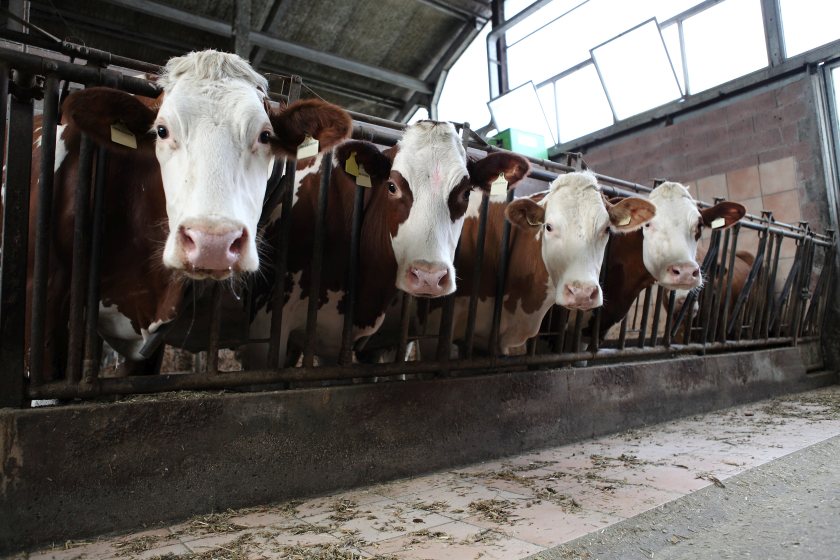
The government is set to revolutionise cattle farming with mandatory electronic ID for all newborn calves from 2027, in a bid to boost disease control and trade.
From summer 2026, new regulations will be introduced to simplify cattle identification, registration, and movement reporting.
Most notably, from 2027, electronic identification (EID) using low frequency (LF) technology will become mandatory for all new-born calves.
This technology allows animals to be scanned during movements, replacing the current system of visual checks and manual data entry.
The government's move to electronic cattle traceability aims to strengthen the UK’s ability to prevent and respond to animal disease outbreaks.
Alongside EID, Defra will launch a new cattle movement reporting system designed to make compliance easier for farmers, markets, abattoirs, and regulators.
In addition, livestock farmers in England can now apply for free annual vet visits on their farms, providing disease checks, biosecurity advice, and tailored animal health and welfare guidance.
UK Chief Veterinary Officer Dr Christine Middlemiss explained that electronic identification was a "game-changer" for disease traceability.
She said: "It allows for faster, more accurate tracking of cattle movements, which is crucial in responding to outbreaks and maintaining our high biosecurity standards.
"This shift puts England in step with best global practice and today’s early confirmation will provide the livestock industry the clarity it needs to begin preparing now."
Biosecurity Minister Baroness Hayman added that it was a significant milestone in modernising how the industry managed cattle health, welfare and traceability.
"These reforms strike the right balance in supporting farmers with clearer, simpler rules while helping the sector strengthen its productivity, resilience and global competitiveness.”
The changes follow the government’s 2023 Cattle Identification Consultation, which showed strong industry backing for the reforms.
